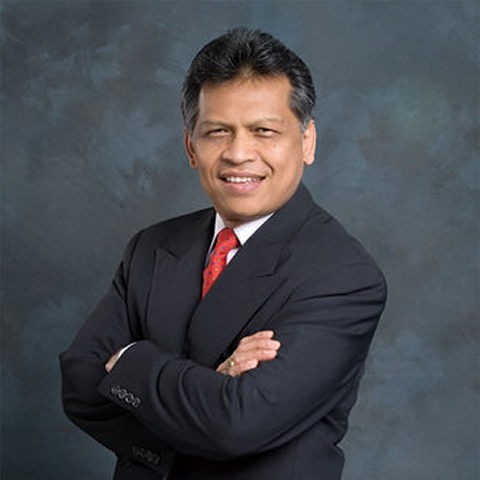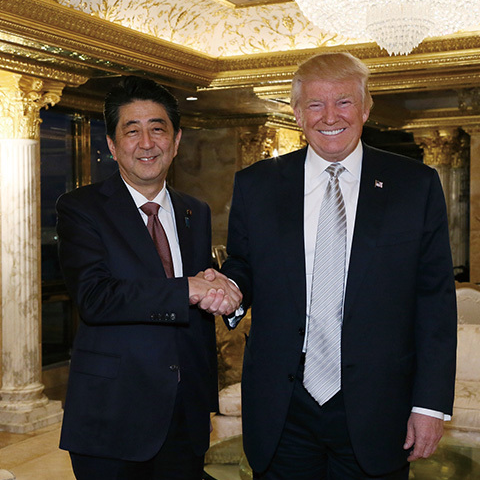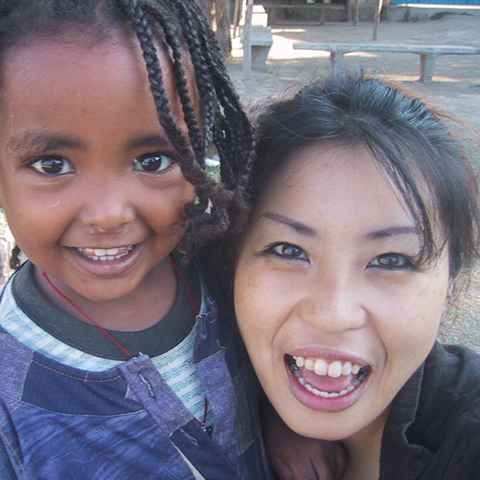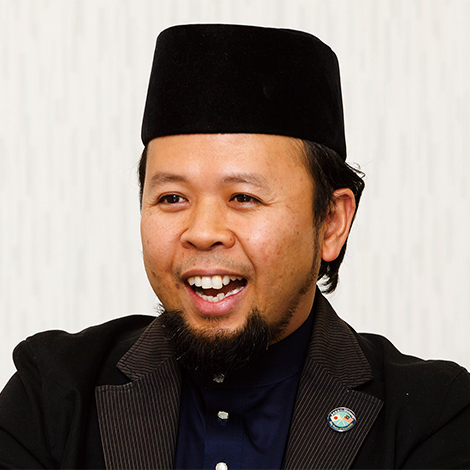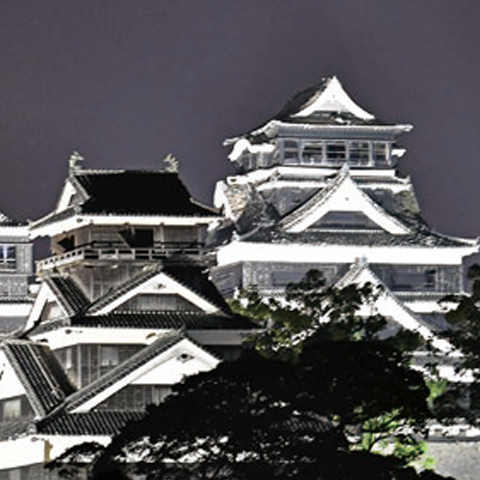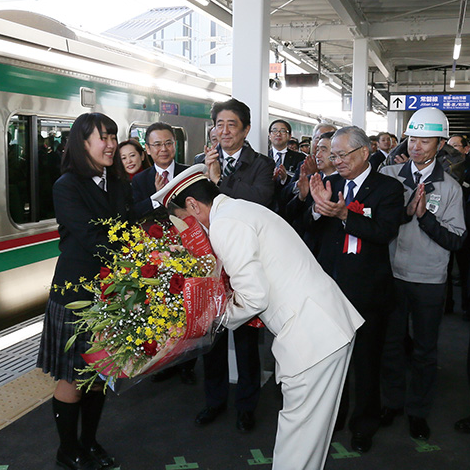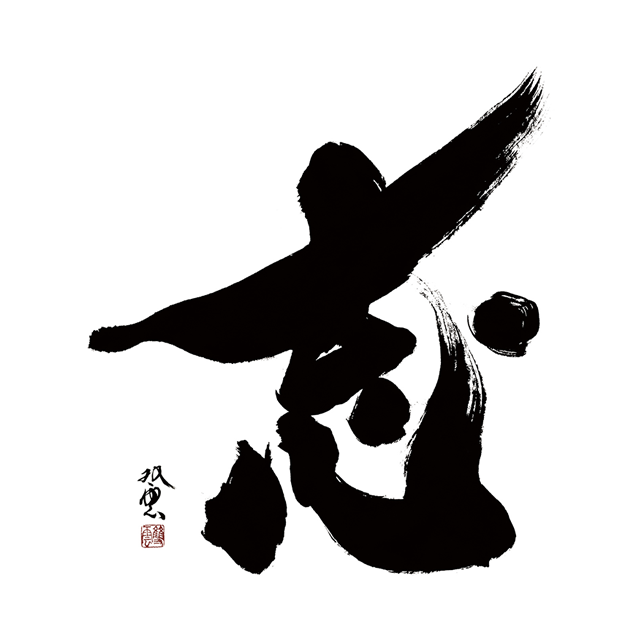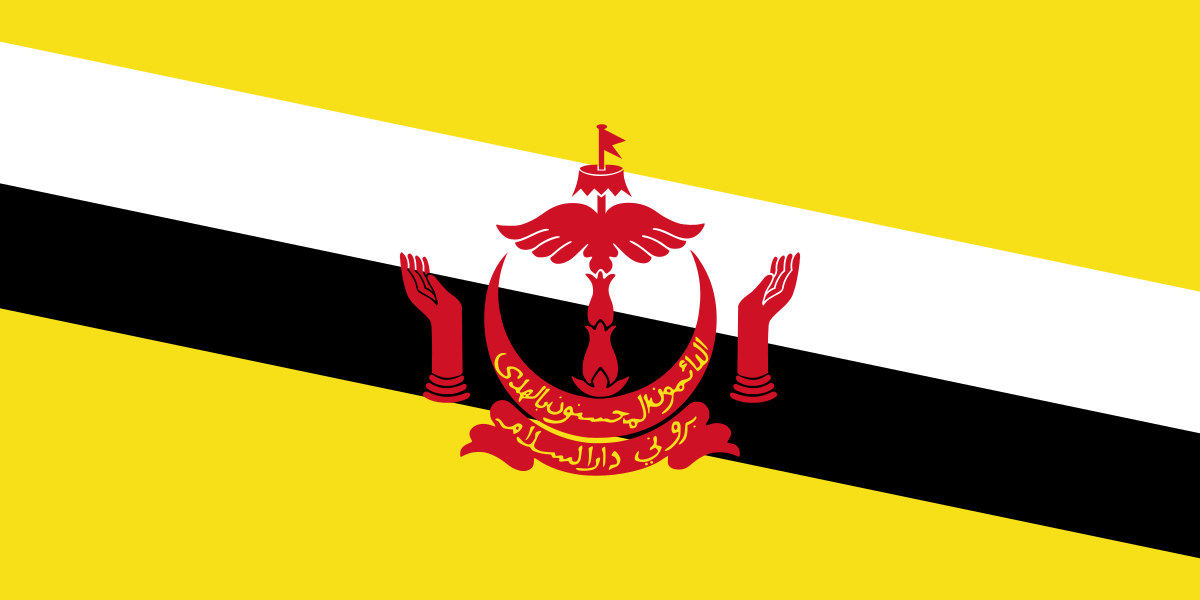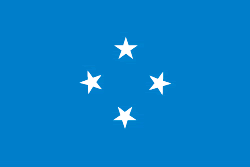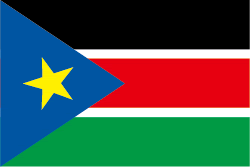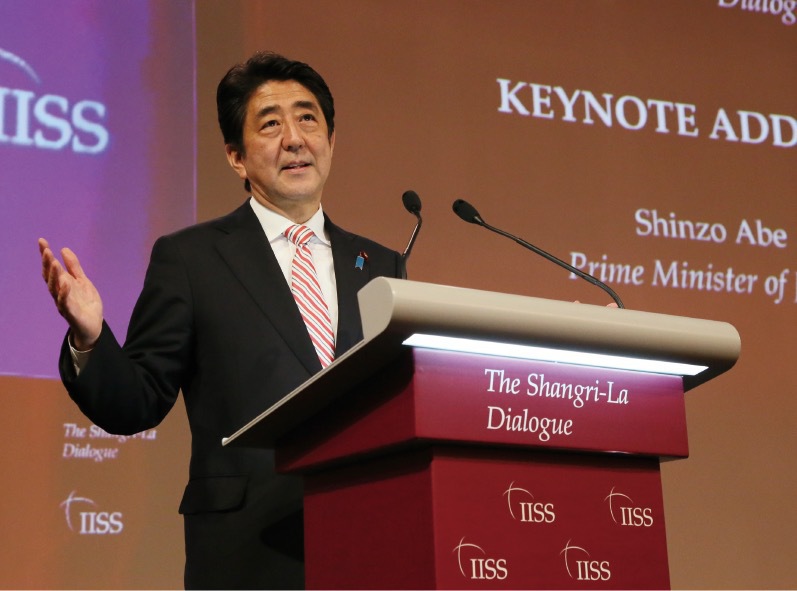Peace and Prosperity in Asia, Forevermore Japan for the Rule of Law, Asia for the Rule of Law, and the Rule of Law for All of Us
I think all of us in the room here share a common mission. That mission is one of pursuing better living standards andeconomic prosperity.
It is absolutely imperative that we make peace and stability something absolutely rock solid. To achieve this, all countries must observe international law.
Japan will offer its utmost support for the efforts of the countries of ASEAN as they work to ensure the security of the seas and the skie and thoroughly maintain freedom of navigation and freedom of overflight. Japan intends to play an even greater and more proactive role than it has until now in securing peace in Asia and the world. With its new banner of “Proactive Contribution to Peace,” Japan already enjoys the explicit and enthusiastic support of the leaders of our allies and other friendly nations, including every leader of ASEAN membercountries as well as the leaders of the United States, Australia, India, the United Kingdom, France and others.
This region has achieved tremendous growth in the span of a single generation. Indeed, in most countriesof the region economic growth has steadily brought freedom of thought and religion and checks and balances to the political systems. And the rule of law, one of the essential pre-conditions for the establishment and preservation of human rights, has taken deeper root.
Today, the benefits for each of us lie in making the seas from the Pacific to the Indian Ocean completely open, as a place of freedom and peace. All of us should find one common value in keeping our oceans and skies global commons, where the rule of law is respected throughout, to the benefit of the world and humankind.
Now, when we say “the rule of law at sea,” — what exactly do we mean in concrete terms? If we take the fundamental spirit with which we have imbued international law over the ages and reformulate it into three principles, we find that the rule of law at sea is actually a matter of common sense. The first principle is that states shall make and clarify their claims based on international law. The second is that states shall not use force or coercion in pursuing their claims. The third principle is that states shall seek to settle disputes by peaceful means.
The government of Japan strongly supports the efforts by the Philippines calling for a resolution to the dispute in the South China Sea that is truly consistent with these three principles. We likewise supportViet Nam in its efforts to resolve issues through dialogue. Movement to consolidate changes to the status quo by forceful acquisitions of territory as a fait accompli can only be strongly condemned as something that contravenes the spirit of these three principles. Now is the time to make a firm pledge to return to the spirit and provisions of the 2002 Declaration on the Conduct of Parties in the South China Sea that all concerned countries agreed to, and not to undertake unilateral actions with drastic changes that contravene these agreements.
The world eagerly waits for our seas and our skies to be places governed solely by rules, laws, and established dispute resolution procedures. I strongly hope that a truly effective Code of Conduct can be established in the South China Sea between ASEAN and China and that it can be achieved swiftly.
Japan and China have an agreement concluded in 2007 between then-Premier Wen Jiabao and me, when I was serving previously as prime minister. That was a commitment we made to create a maritime and air communication mechanism in order to prevent unexpected conflict between Japan and China. Unfortunately, this has not led to the actual implementation of such a mechanism. We do not welcome dangerous encounters by fighter aircrafts and vessels at sea. What we must exchange is words. At first we must sit down together and discuss the relevant issues.
In my view, the time has come to place emphasis on the East Asia Summit (EAS)*. I urge further enhancement of the EAS as the premier forum for regional politics and security. Next year marks the tenth anniversary of the establishment of the EAS. I propose that we first create a permanent committee consisting of permanent representatives to ASEAN from the member countries and then prepare a roadmap to bring renewed vitality to the summit while also making the summit, together with the ASEAN Regional Forum and the ASEAN Defense Minister’s Meeting Plus, function in a multilayered fashion.
* Participants are Australia, Brunei, Cambodia, China, India, Indonesia, Japan, Laos, Malaysia, Myanmar, New Zealand, the Philippines, the Republic of Korea, Russia, Singapore, Thailand, the United States, and Viet Nam.
The fruits of prosperity should be reinvested to create even greater prosperity and improve people’s lives. I believe that a framework in which we publicly disclose our military budgets step-by-step with mutual verifications is a system that we should seek to establish as we extend the scope of the EAS.
Japan will offer its utmost support for efforts by ASEAN member countries to ensure the security of the seas and skies and rigorously maintain freedom of navigation and overflight. … Japan will combine various options within its assistance menu, including Overseas Development Assistance (ODA), capacity building by the Self-Defense Forces, and defense equipment and technology cooperation, to seamlessly support the capacity of ASEAN countries in safeguarding the seas.
We are in an era in which it is no longer possible for any one nation to secure its own peace alone. That is exactly why it is incumbent upon us in Japan to reconstruct the legal basis pertinent to the right of collective self-defense and to international cooperation, including United Nations peacekeeping operations. Discussion is underway in Japan. It is because Japan is a country that depends a great deal on the peace and stability of the international community that it wishes to contribute even more proactively to world peace, and wishes to raise the banner of “Proactive Contributor to Peace.”
Japan has for multiple generations walked a single path, devoted solely to the pursuit of freedom and human rights, valuing law and order, abhorring war, and earnestly and determinedly pursuing peace, never wavering in the least. We will continue to walk this same path, unchanged, for generations upon generations to come.
“Proactive Contribution to Peace” is nothing other than an expression of Japan’s determination to spare no effort for the sake of the peace, security, and prosperity of Asia and the Pacific at even greater levels than before. We will do this together with our regional colleagues — our partners with whom we share our ambitions and our values. Taking our alliance with the United States as the foundation and respecting our partnership with ASEAN, Japan will spare no effort to make regional stability, peace, and prosperity something rock solid.


























